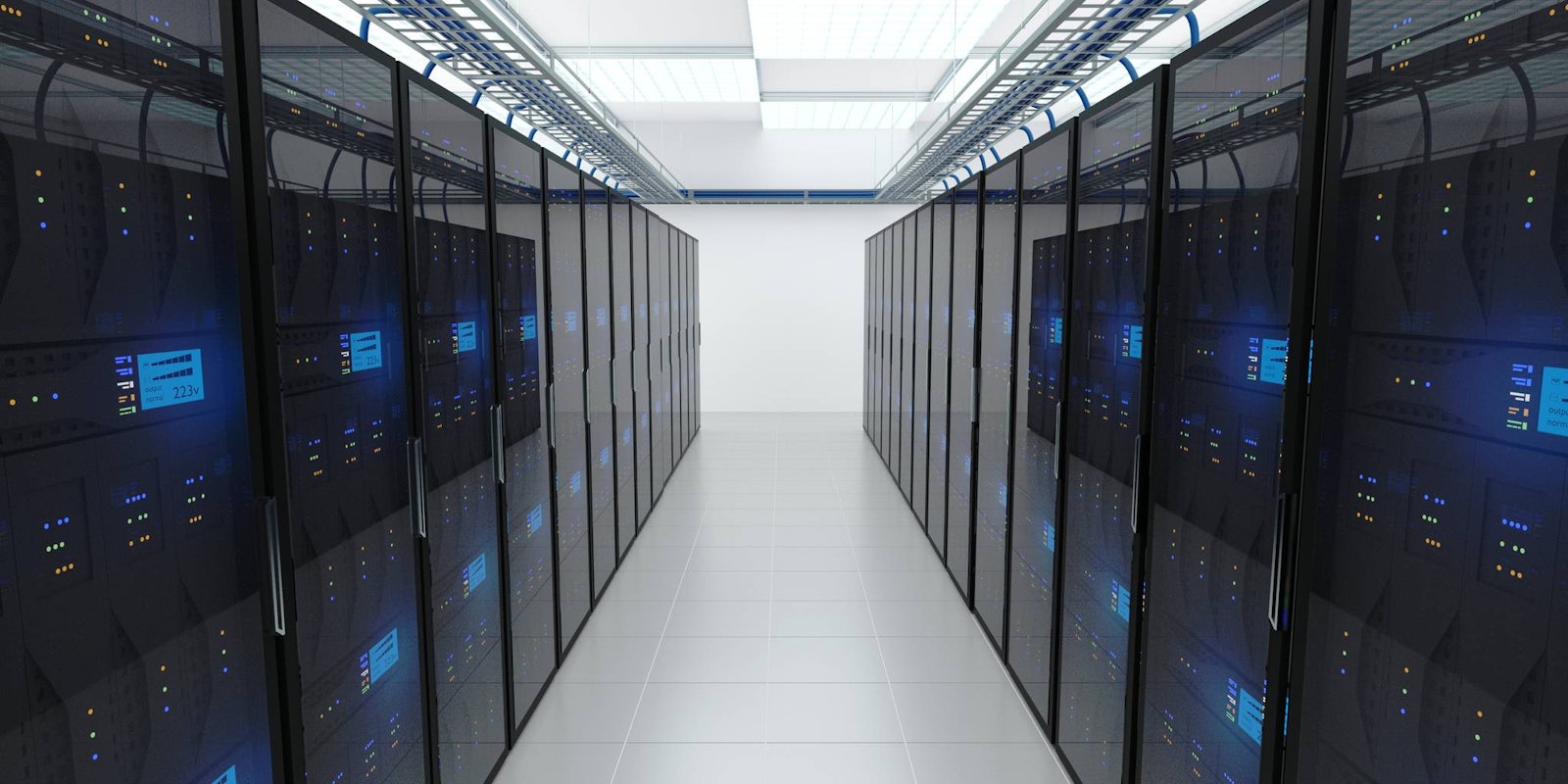A Chinese research group says it will create a prototype exascale computer, or one that can calculate a quintillion (1,000,000,000,000,000,000) calculations per second, by the end of this year. A computer with that sort of power would be able to process complex data sets and mathematical modeling significantly faster than current machines.
According to its creator, Zhang Ting of China’s National Supercomputer Center, the early-version model will be revealed later this year, and a full-scale version should be expected by 2020.
“A complete computing system of the exascale supercomputer and its applications can only be expected in 2020, and will be 200 times more powerful than the country’s first petaflop computer, Tianhe-1, recognized as the world’s fastest in 2010,” Zhang said according to the Xinhua news agency.
China already possesses the world’s most powerful computer in the Sunway TaihuLight, which can perform 93,000 trillion calculations per second. The country also holds 167 of the world’s 500 fastest computers.
The United States has lagged a bit behind China in recent years, but America has its own exascale computer project in the works. The U.S. Department of Energy created the Exascale Computing Project, which was awarded nearly $40 million to upgrade current petascale computers.
“Exascale will enable computing systems capable of at least one quintillion calculations per second—50 times faster than the nation’s most powerful supercomputers in use today,” according to the Exascale Computer Project. “This exponential increase in computational power will fuel a vast range of breakthroughs and accelerate discoveries in science, medicine, national security, and many other fields, having a profound impact on economic competitiveness.”
The United States is also working on a computer to compete with the Sunway TaihuLight, a 200 petaflop computer with an expected release date of 2018.
The advent of the cloud and trend toward virtualization coupled with increasing amount of data being gathered through Internet of Things sensors has increased the importance of computational processing. The faster large data sets can be processed the quicker they can be applied to algorithms and become operational.
H/T Phys.org


